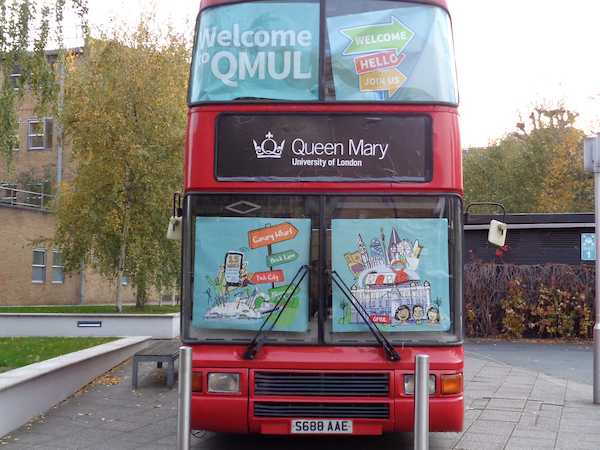Applying to Internships While Abroad


As a junior, it is expected that I will have an internship the summer before my senior year to prepare for life after college. However, I never anticipated I would be abroad when trying to apply for these jobs. I realized I would need to put in ten times as much effort as I would if I was in the States. Applying for internships while abroad is possible when you consider a few tips for researching, applying, and contacting recruiters and employers while overseas.
Researching internships abroad
The most important tip I could ever give while looking for an internship is to utilize your home university’s career services office. They are there for a reason and want to see you succeed. As an arts and sciences major (because many engineering students apply for internships during the fall semester), I began researching in January and started applying during mid-February. Make sure to look for positions that recruit your major, GPA, and graduation year. Here is a great first email template to send to your career services advisor:
Hello ____,
My name is ____ and I am a junior currently studying abroad in ____. I am a ____major and am hoping to work in the ____ field. I am researching internships for the summer and was wondering if you have any tips or suggestions to help me get started. Please let me know if you have any information you can share.
Thank you so much for your help,
____
Revamp your resume and cover letter
Resumes and cover letters for college students should be about one page using a simple style, as most recruiting managers will have to get through hundreds of applications and won’t spend more than a minute on each. A great site to use is Canva which has so many different templates, but unless you are a graphic design or art major you should stick with something simple (my favorite is “White Formal Bordered Academic Resume”). Your resume should include at minimum contact info., education info, skills and abilities, and employment history. You should also include any leadership positions if you have held any. Do not get discouraged if your resume is not full because most of the other applicants are also college students trying to get experience.
Your cover letter is your chance to express more of your personality. It should be about three short paragraphs long and in the same style as your resume for consistency. Make sure you customize your cover letter to each job and don’t use cookie-cutter phrases. I always begin my cover letters with a summary of my education (university, major, grade level) and where I am studying abroad. This automatically opens communication between the recruiter and applicant so there are no surprises when you ask to interview over Skype. My next paragraph consists of why I believe I am qualified for the job (usually using words found in the job description) and maybe a past job that was similar. My last paragraph concludes the cover letter with a thanks for their consideration and a hope to hear from them soon!
Preparing for an interview
Once you have heard back from employers with, hopefully, an invitation to interview, you need to respond promptly and start preparing! Your response should include when you are available, your current abroad situation, and a thanks. Below is what I have sent as responses.
Hello ____,
Thank you so much for your consideration and invitation to interview for ____. As I stated in my cover letter, I am currently studying abroad in ____. Thus, I will not be able to attend interviews in person. However, I would be able to Skype or FaceTime in for an interview as I have done for other meetings happening in the U.S. since being abroad. Please let me know if this would be possible.
From the times you listed, I am available to interview at ____. Please let me know if I can provide any additional information prior to our meeting. I look forward to meeting with you.
Sincerely,
____
The next important step in preparing for the interview includes physically preparing for the interview. Since you will not be going to their building or a meeting space, you will need to prepare a quiet space that can accommodate you during the interview. This can be a study room in your library or even your bedroom (but please clean up); it does not matter terribly since you can manipulate what the camera to show only what you want. After you have figured out your room situation, make a call to a friend using the approved upon platform to ensure your sound/microphone/camera are working properly.
Conducting research for your interview
My last tip is to research the company and your interview answers. Focus, first, on the job description and preferred skills; then, write down how you fit into those whether through stories or past positions. Then, acquaint your answers to typical interview questions (how will this internship further your career goals, what are you greatest strengths/weaknesses, why do you want to work at that company). The last tip is to really research the company and their past. Look at interviews the company has given, their mission statement, and then adjust your answers to fit in with their objectives.
I know this is a lot of information, but it takes a lot of effort to apply and receive a job offer while abroad. These are just the main steps to take before interviewing with a panel or recruiter, but they will help keep you focused during your application process. Good luck and happy job hunting!
Isabel L. | English and Secondary Education major | The University of Tulsa | Queen Mary, University of London Partnership | Spring 2019 | IFSA International Correspondent